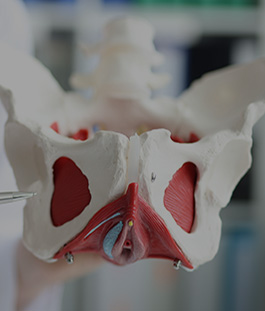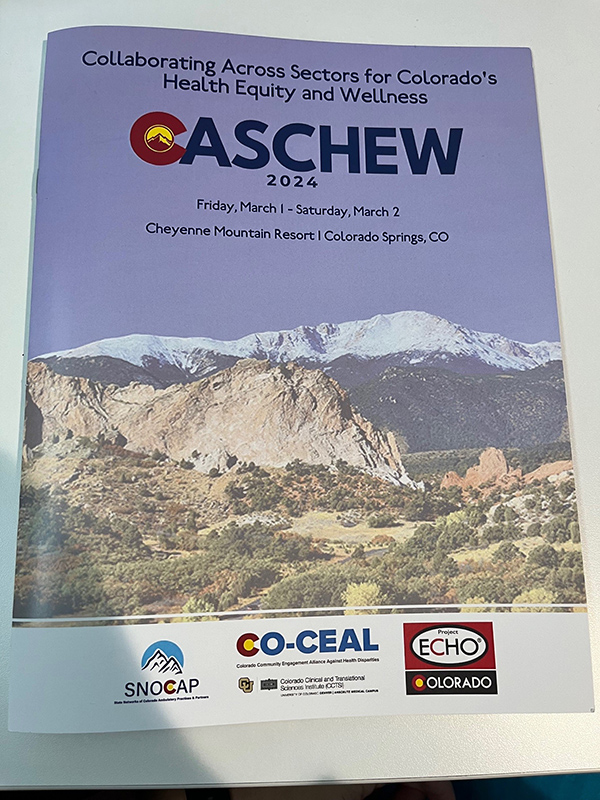ECHO Colorado was excited to support the CASCHEW 2024 Conference in March, in partnership with CO-CEAL and SNOCAP. A big thank you to our presenters and partners who came out to learn from each other and collaborate. Collaborating Across Sectors for Colorado’s Health Equity and Wellness (CASCHEW) 2024 brought together over 100 project participants, community partners, community members, public health departments/organizations, clinic staff, primary care clinicians and medical and academic partners committed to improving the health of all Coloradans.
Devin Miller, MPH, PMCC director of operations, was part of the planning committee and she presented with partners from HCPF and CDPHE on how to successfully conduct cross-sector collaboration to address medical and public health challenges. “Cross-sector collaboration is critical because it leverages diverse expertise and resources to address complex challenges more effectively than any single organization could achieve alone,” said Miller.
BreAnna Teeters, MPH, ECHO project coordinator; David Saxon, MD, PMCC medical director; and Melissa Griffith, MD, rheumatology ECHO partner, presented Keeping Care Local: eConsults and ECHOs in Rural and Frontier Counties. They presented on the scope of the work that’s being done to analyze eConsult and ECHO program data to understand educational needs in Colorado’s health care communities.
“My main takeaway from the conference,” said Teeters, “is that our work shouldn’t and can’t be siloed because there are opportunities that could be missed when we are trying to build something from scratch; working with others better supports work that’s already been started.”
Hide Details ►





